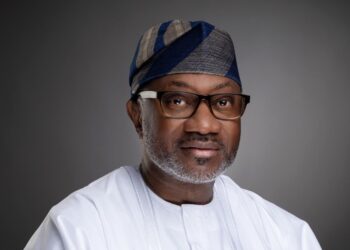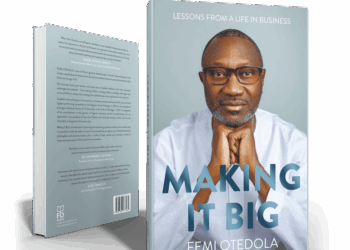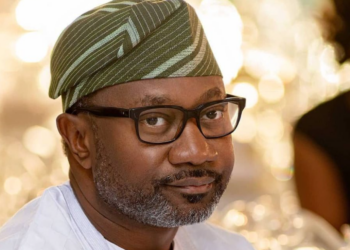Nigeria’s formal education system follows a 9-3-4 structure (Basic, Secondary, Tertiary), with primary education being mandatory and free with the public schools under the Universal Basic Education (UBE) program.
The government has adopted tertiary education as a mechanism for development and largely controls it.
Nigerians value education with a lot of premium placed on paper qualification. The relationship between formal education and becoming a successful businessman is quite complicated and interesting, with both educated and uneducated entrepreneurs achieving wealth and influence.
Some prominent Nigerian businessmen hold degrees, while others built their vast enterprises without formal tertiary education, demonstrating diverse paths to success in the Nigerian business landscape.
While academic credentials can provide valuable business skills and legitimacy, a significant number of Nigeria’s most successful entrepreneurs have achieved immense wealth through apprenticeship, resilience, and street-level business acumen
Many Nigerian families view tertiary education as a direct path to success, and educational degrees are highly valued. There are suggestions that successful businessmen who hold degrees demonstrate a refined approach to business, including effective packaging and management of their enterprises.
However, there are are numerous examples of wealthy Nigerian businessmen who have achieved great success without formal Western education or university degree, supervising employees with even Masters and PhD degrees in their establishments.
This article spotlights some popular Nigerian businessmen drawn from different parts of the country who grew and achieved high level of success in their entrepreneurship without a university degree.

The Orange Drugs story began in 1985, when Sir Tony Ezenna transformed his father’s small chemist shop into Orange Drugs Limited with just N15,000 in seed capital.
Subsequently, Orange Drugs Limited joined the beauty care industry through the importation of soaps, creams, and other beauty products. By 2006, the Company commenced the local production of different brands of soaps in Lagos and this was aimed at boosting the Nigerian manufacturing sector and also creating jobs for the populace. In order to meet up with the challenges in the global economy, Orange Drugs Limited later diversified its line of business by the establishment of Orange Kalbe Ltd and Orange West Africa Limited, leading to the formation of the Orange Group.
In the pharmaceutical space, Orange has forged enduring partnerships with some of Indonesia’s largest firms, including Kalbe Farma, Tempo Scan Pacific, Dexa Medica, and Mensa Group on products like Procold, Mixagrip, Sudrex, Boska, Delta Soap, Passion Energy Drink, and Extra Joss Energy Drink. They also offer products like Ginmil, Mintacid, and Tempovate Cream. Its relationship with Kalbe Farma dates back to the company’s founding in the 1980s, reflecting a decades-long commitment to international collaboration.
Recognition of Orange’s impact came early. In 1995, the company received the “Star Donor Award” from the Pharmaceutical Society of Nigeria for its contributions to healthcare.



















